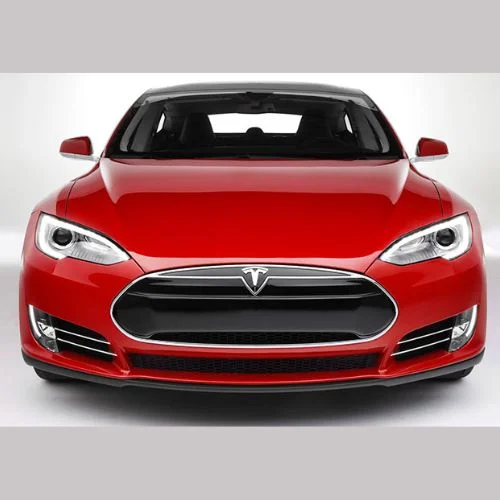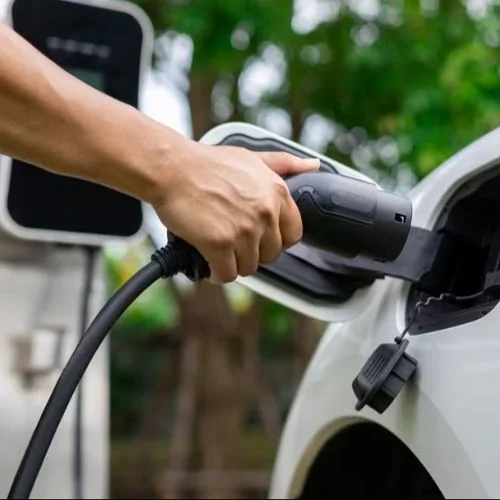Electric vehicle charging companies have begun to battle it out for prime locations for fast public chargers in both Europe and the US. Industry observers anticipate additional rounds of consolidation as major investors join the war.
Long-term investors support a large number of the EV charger startups already operating, and more are anticipated. Infrastructure investors like M&G’s Infracapital and Sweden’s EQT are becoming more interested in the sector as a result of impending prohibitions on fossil fuel-powered automobiles in several nations.
“It’s like a land grabbing game now, if you look at our customers,” stated Tomi Ristimaki, CEO of Kempower, a Finnish maker of EV chargers. “Who gets the best locations now can guarantee electricity sales in the coming years.”
Globally, there are more than 900 EV charging companies, according to a Reuters research. According to PitchBook, the industry has drawn over USD 12 billion in venture capital funding since 2012.
“The fast-charging landscape will look pretty different from the landscape that exists today,” said Michael Hughes, chief revenue and commercial officer of ChargePoint, one of the biggest providers of EV charging hardware and software, as huge investors support greater consolidation.
Companies that have made significant investments in the sector—which has witnessed 85 acquisitions since 2017—range from Volkswagen to BP and E.ON.
In the UK alone, there are over thirty operators of rapid chargers. Two new ones were introduced last month: Zapgo, which has funding of 25 million pounds (USD 31.4 million) from Canadian pension fund OPTrust, and Australia’s Jolt, which is supported by BlackRock’s infrastructure fund.
According to Loren McDonald, CEO of San Francisco-based research firm EVAdoption, Tesla is the largest participant in the US market, but additional convenience stores and gas stations will soon enter the fray. Additionally, the number of fast-charging networks in the US will more than double to 54 in 2030 from 25 in 2022.
Once utilisation reaches about 15%, it can take four years for an EV charging station that is situated effectively to turn a profit. Charger companies claim that European bureaucracy is impeding their growth. However, long-term infrastructure investors such as Infracapital, which owns Recharge in Norway and has invested in Gridserve in Britain, see the sector as a solid gamble.
Brendan Jones, CEO of Blink Charging, stated, “We like to say there’s no such thing as a dead deal when you’re talking to a site host.”















